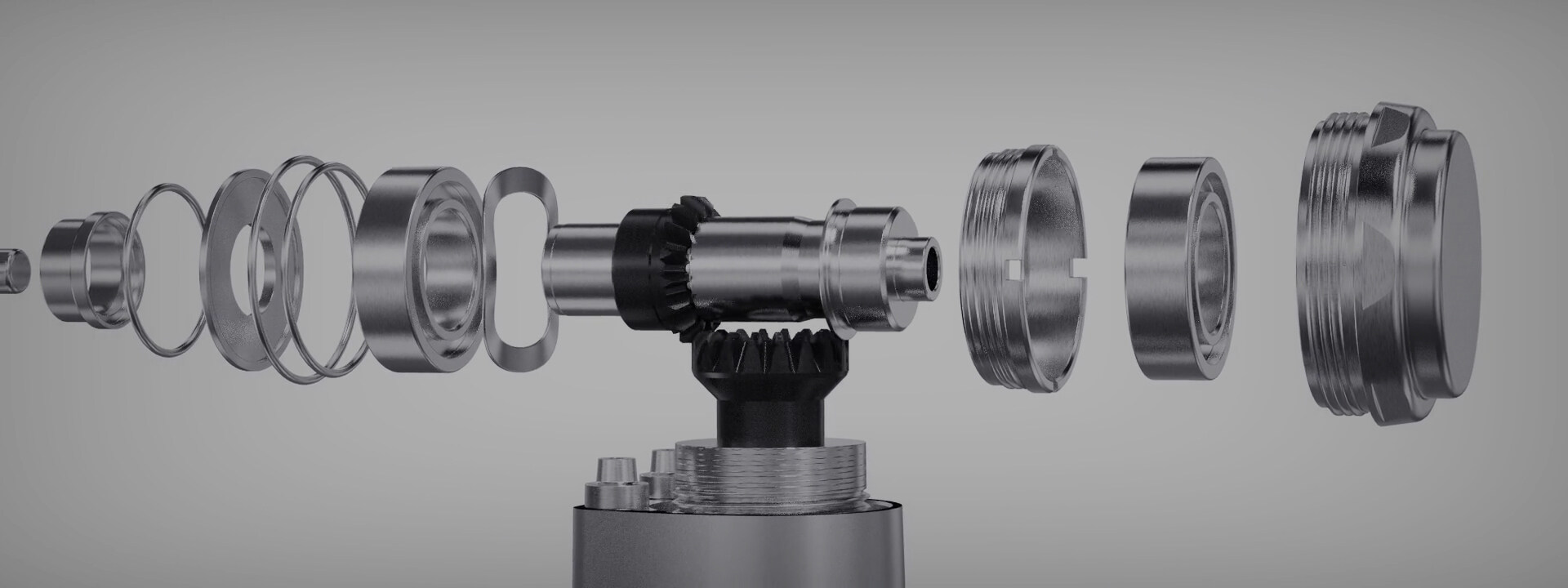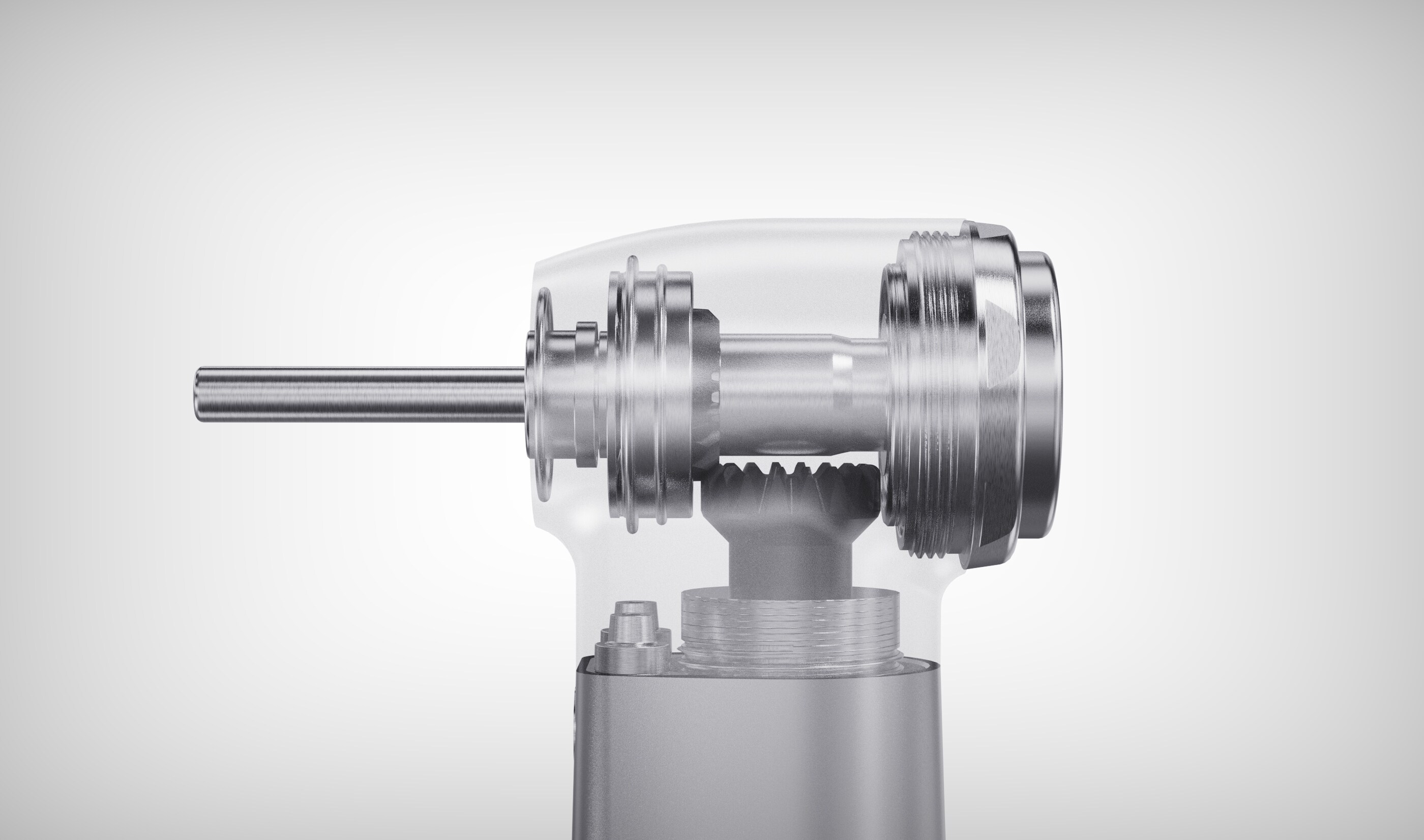Erro de formato de e-mail
emailCannotEmpty
emailDoesExist
pwdLetterLimtTip
inconsistentPwd
pwdLetterLimtTip
inconsistentPwd

Notícias
Aqui, você pode descrever uma peça de texto que deseja expressar.

Mais fibra, menos bruxismo

Introdução
Como fornecedor de dispositivos médicos, é importante manter-se atualizado sobre as últimas pesquisas e desenvolvimentos no campo da saúde bucal. Recentemente, um estudo realizado por pesquisadores da Universidade de Okkama e do Seibo College no Japão foi publicado no The Swiss Clinical Medicine Journal, relatando que o aumento da ingestão de fibras pode reduzir o risco de bruxismo, uma condição de saúde oral comum e predominante.
Estudo sobre a relação entre ingestão de fibras e bruxismo
O bruxismo é caracterizado pela moagem ou aperto de dentes durante o sono ou inconscientemente durante o dia. A equipe de pesquisa recrutou 143 estudantes universitários das duas universidades acima mencionadas, conduziu exames orais e pesquisas relacionadas e diagnosticou o bruxismo usando dispositivos eletromiografia vestíveis. Os estudantes foram divididos em dois grupos: o grupo de bruxismo (58 pessoas) e o grupo não-brúxismo (85 pessoas). Cada aluno respondeu a um questionário de frequência alimentar com base em 35 categorias de alimentos, e sua ingestão nutricional foi analisada e comparada entre os dois grupos.
Metodologia de pesquisa e resultados
Os resultados mostraram que houve uma diferença significativa na ingestão nutricional entre o grupo do bruxismo e o grupo não-bruxismo. O primeiro teve uma ingestão de fibra significativamente menor que a segunda, e quanto menor a ingestão de fibra, maior a tendência de bruxismo durante o sono. O aumento da ingestão de fibras pode reduzir o risco de bruxismo em 9%. A análise de subgrupos de estudantes com a maior e mais baixa ingestão de fibras (25% cada) mostrou que a ingestão média de fibras de estudantes de bruxismo (10,4 gramas) foi significativamente menor que a dos estudantes não-brúxis (13,4 gramas).
Efeitos adversos do bruxismo e métodos de tratamento atuais
Os pesquisadores apontaram que o bruxismo pode causar efeitos e consequências adversas, como perda de dente, piora da doença periodontal e dor nas articulações temporomandibular. O método atual de tratamento é principalmente usar um protetor bucal para proteger os dentes. A equipe de pesquisa descobriu anteriormente que o bruxismo está relacionado à diminuição da qualidade do sono e aos distúrbios do sono e que a ingestão de fibras pode ajustar e melhorar o sono através do eixo do intestino cerebral, reduzindo assim o risco de bruxismo durante o sono. Portanto, este estudo não apenas propõe um novo método para lidar com o bruxismo, mas também ajuda a aumentar a ingestão de fibras.
O papel da ingestão de fibras na saúde oral
Além de reduzir o risco de bruxismo, a ingestão de fibras tem muitos outros benefícios para a saúde bucal. Alimentos ricos em fibra, como frutas, vegetais e grãos integrais, podem ajudar a limpar os dentes e gengivas, promover a produção de saliva e reduzir o risco de cárie dentária e doenças gengivais.
Conclusão e implicações para fornecedores de dispositivos médicos
Portanto, como fornecedor de dispositivos médicos, gostaríamos de educar os pacientes sobre a importância de uma dieta equilibrada e nutritiva para manter a boa saúde bucal. Incentivar os pacientes a aumentar sua ingestão de fibras pode não apenas reduzir o risco de bruxismo, mas também melhorar a saúde bucal geral.
Além disso, é importante enfatizar o papel das verificações e limpezas odontológicas regulares na prevenção e detecção de problemas de saúde bucal. Os fornecedores de dispositivos médicos também podem desempenhar um papel crucial no fornecimento de ferramentas e equipamentos odontológicos inovadores e eficazes para profissionais odontológicos, como escovas de dentes avançadas, dispositivos de fio dental e enxaguatório bucal.
Ao trabalhar em estreita colaboração com profissionais odontológicos e manter-se atualizado com as últimas pesquisas e desenvolvimentos em saúde bucal, nós, como fornecedores de dispositivos médicos, podemos contribuir para melhorar a saúde e o bem-estar geral dos pacientes.
Por fim, a promoção da boa saúde bucal não é apenas benéfica para os indivíduos, mas também para a sociedade como um todo, pois pode reduzir os custos com saúde e melhorar a qualidade de vida.

